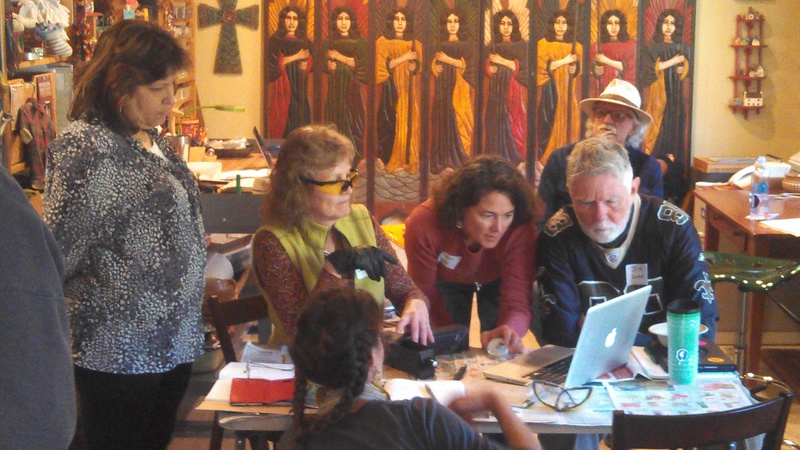
Oil Testing Workshops
Introduction: Oil Testing Kit Workshops
For Whom? These workshops were created for people who are interested in examining materials they know or suspect to be oil. The workshops can be run by anyone who has read through the materials in advance; any questions you may have before you run the workshop can be sent to plots-spectrometry@googlegroups.com. These workshops have been written for participants at the high school level or above. Why workshops? The workshop format dedicates time for people to introduce their own environmental questions and explore whether the method of fluorescence spectroscopy and the Oil Test Kit hardware is relevant to their needs and goals. These workshops endeavor to provide additional context in study design so that post-workshop, people will known what factors to account for when designing their own oil testing experiment. What will you be able to do after completing these workshops? * If you have an unknown substance you think might be oil, you can tell if the substance definitely isn’t oil. * If you have different oil samples, you can compare and contrast these samples (for example diesel, crude, fish, and motor oils). * You can compare known oil samples with an unknown sample. You should be able to say if your unknown sample has a spectrum similar to or different from your known sample. Please read the Q&A regarding if results from the Public Lab Oil Testing Kit can be used as Evidence * You can compare oily materials to tell if they are similar or different. What is NOT possible and what is not yet known to be possible or not: * Identify a substance with 100% certainty (for example you will not be able to say “this is definitely oil,” or “this is this specific compound.”) * Definitively determine if two similar looking substances are the same. Upon completing these workshops you will have: * gained the ability to design an experiment, * developed a clear understanding of what a spectrometer is, what it does, and how to use it, * constructed a Public Lab spectrometer kit, * analyzed samples using spectralworkbench.org, * worked through an experiment involving spectroscopy from start to finish, * identified what was learned and what the next steps are, * shared notes, questions, and ideas for improving the workshops, kits, and projects, and * posted results and reflections to the Public Lab community. Homebrew Workshop 1 Homebrew Workshop 2 Homebrew Workshop 3 Homebrew Workshop 4